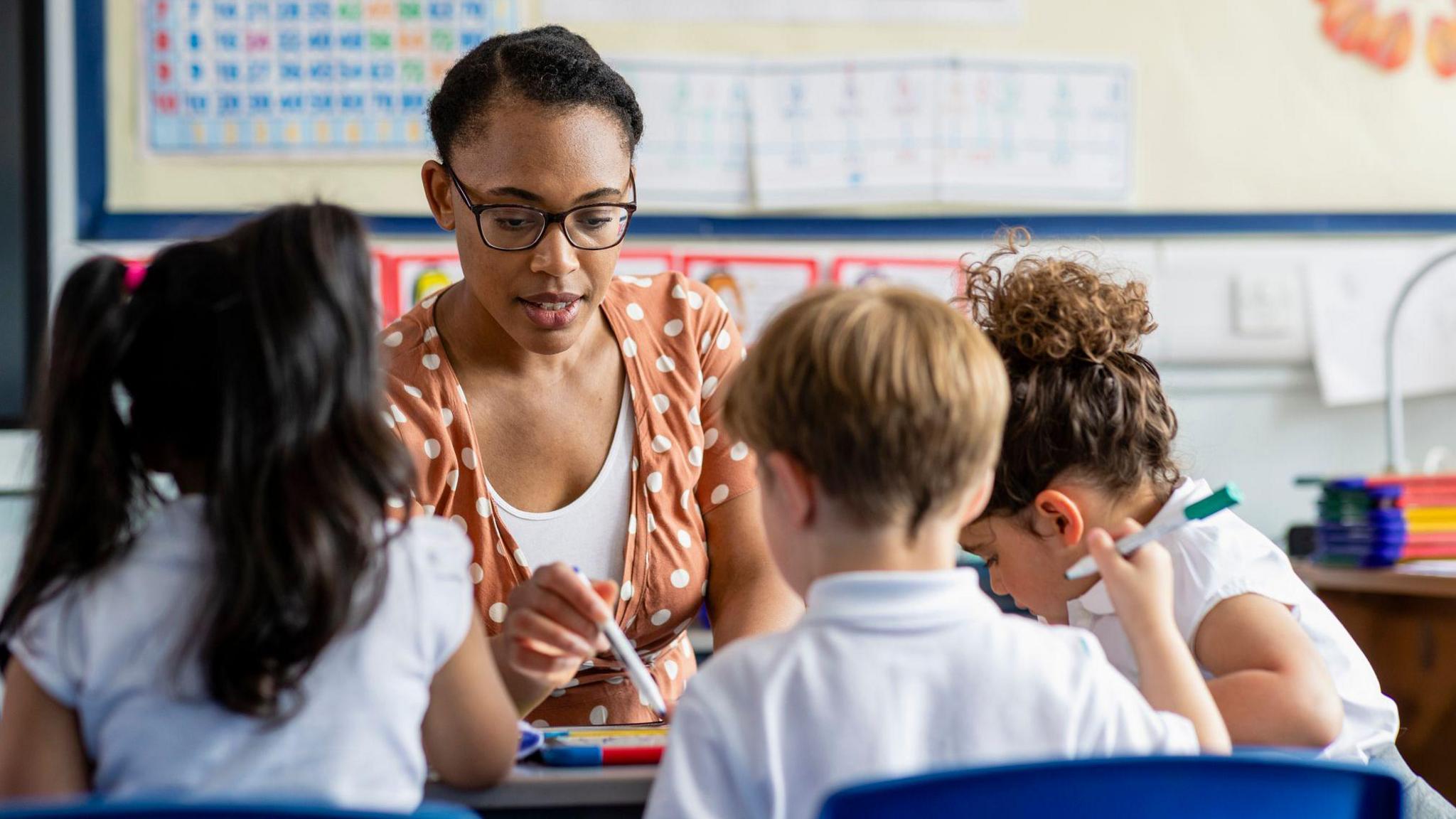One in three not ready for school, research finds
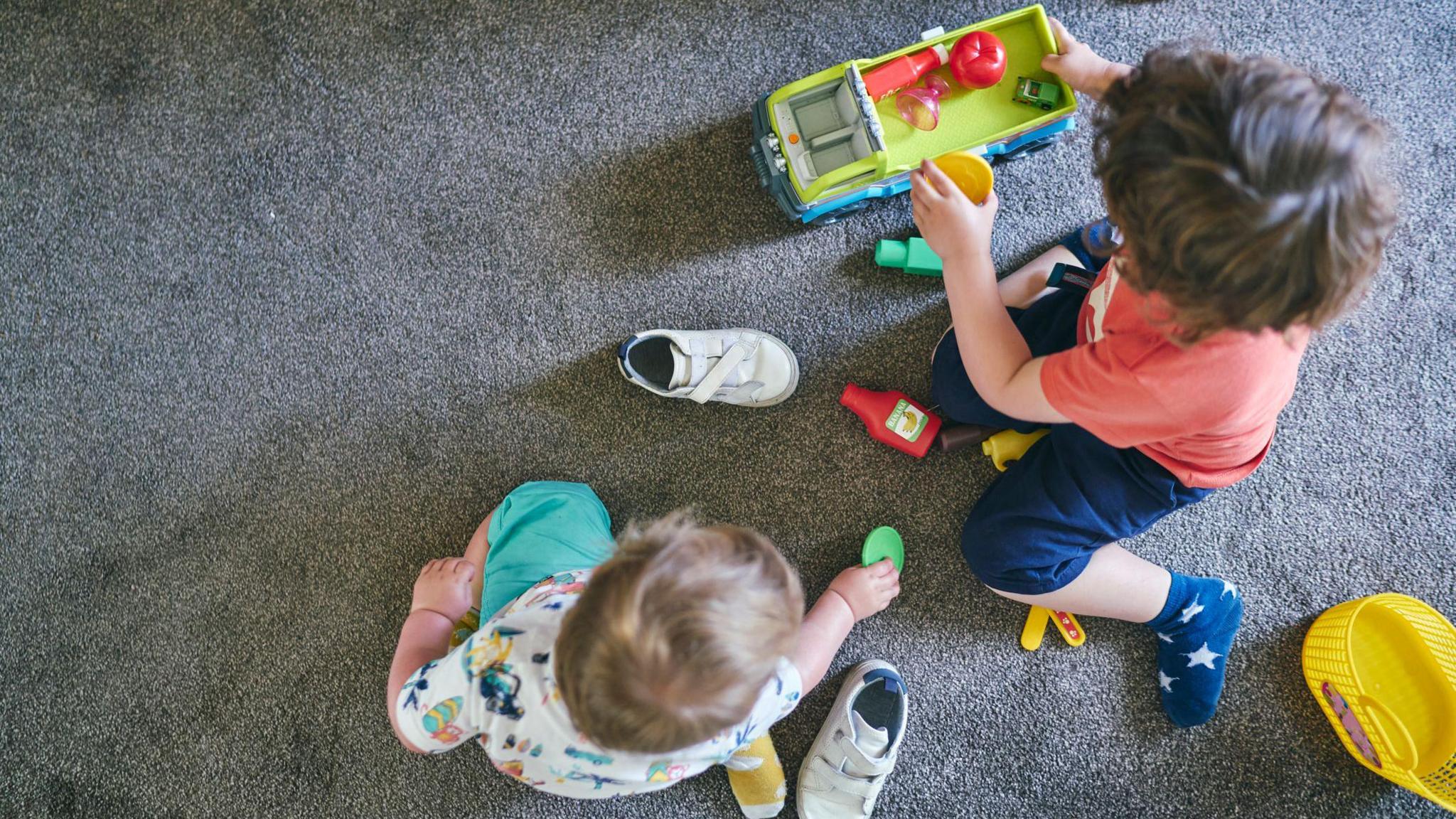
Researchers found a big difference in school readiness among children from disadvantaged and advantaged areas
- Published
One in three children do not have the skills needed to thrive when they start school, according to research project Born in Bradford (BiB).
In Bradford itself, nearly half of the children in some of the most deprived areas are not school ready, the researchers found.
Their work highlighted issues including undiagnosed additional needs, a lack of toilet training and children being unable to dress themselves, as among the challenges for those starting school.
However, Prof Josie Dickerson, director of early years, prevention and child equity at BiB, said the project's approach to tackling the issue was "working on the ground in Bradford and could help other areas across England".
She said that in Bradford alone, 2,500 children each year needed to develop the skills necessary for starting school.
"That's 10,000 in the Early Years that need additional support to get them school ready.
"So the scale of it is a huge challenge."
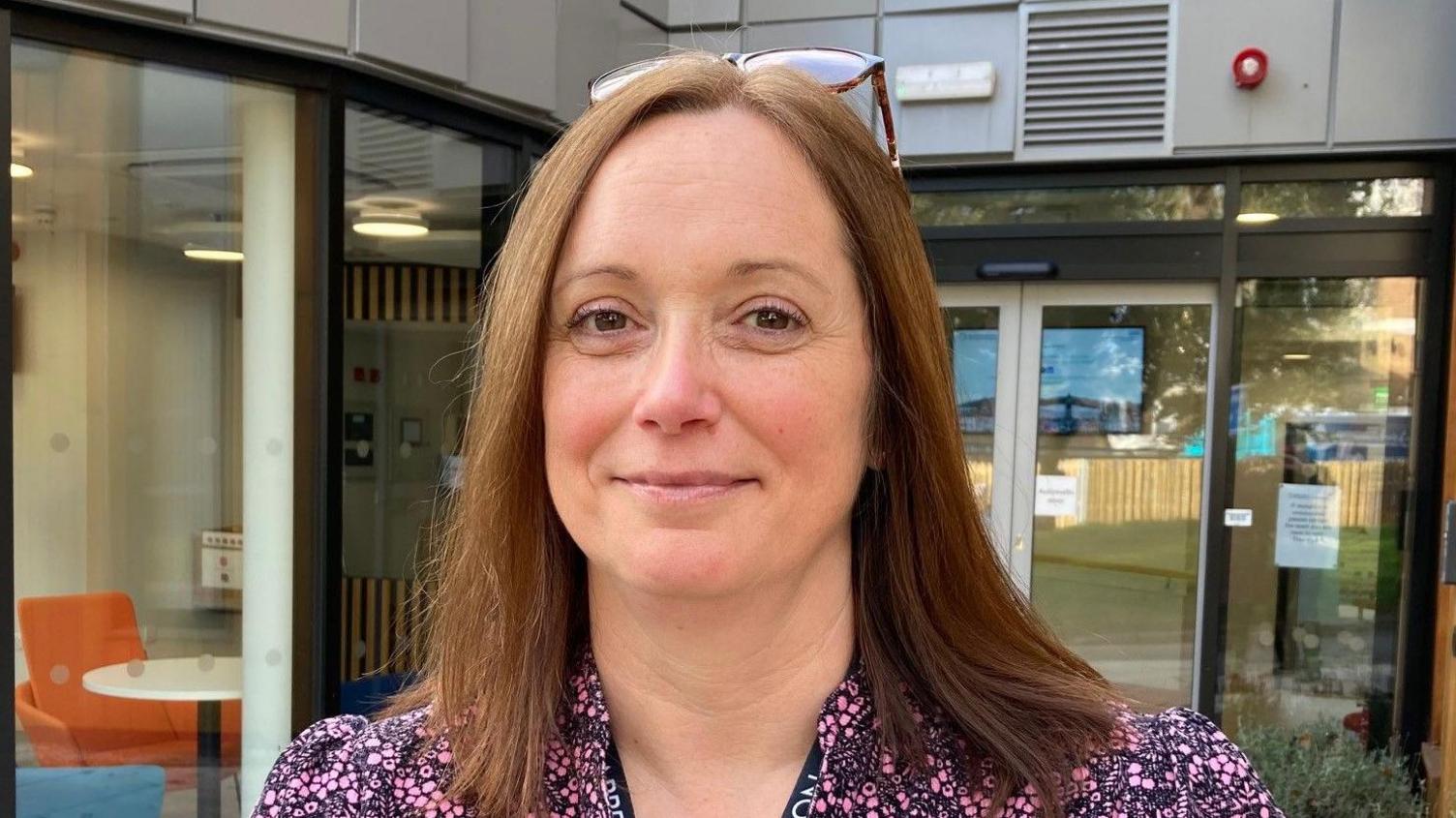
Professor Josie Dickerson is a research director with Born in Bradford
The research found a marked difference in the school readiness of children from more affluent areas, like the Wharfedale district where 86% of children had the necessary skills, compared to those in the most deprived areas like Low Moor and Tong in Bradford and Keighley West - where 52% were ready.
Prof Dickerson said by connecting data across health, education, and social care services, the project could identify which children needed support and what type of support would be most effective.
She said: "This connected approach is not just theoretical - it's working on the ground in Bradford and could help other areas across England to close the school readiness gap."
Baroness Anne Longfield, founder of the Centre for Young Lives, said the evidence was "unequivocal" that the first years of life were critical to a child's lifelong health, educational attainment and life opportunities.
"We must maintain a relentless focus on prevention and that means from birth onwards," she said.
"Bradford has shown us what works - now we need to scale up this approach across the UK to ensure no child is left behind."
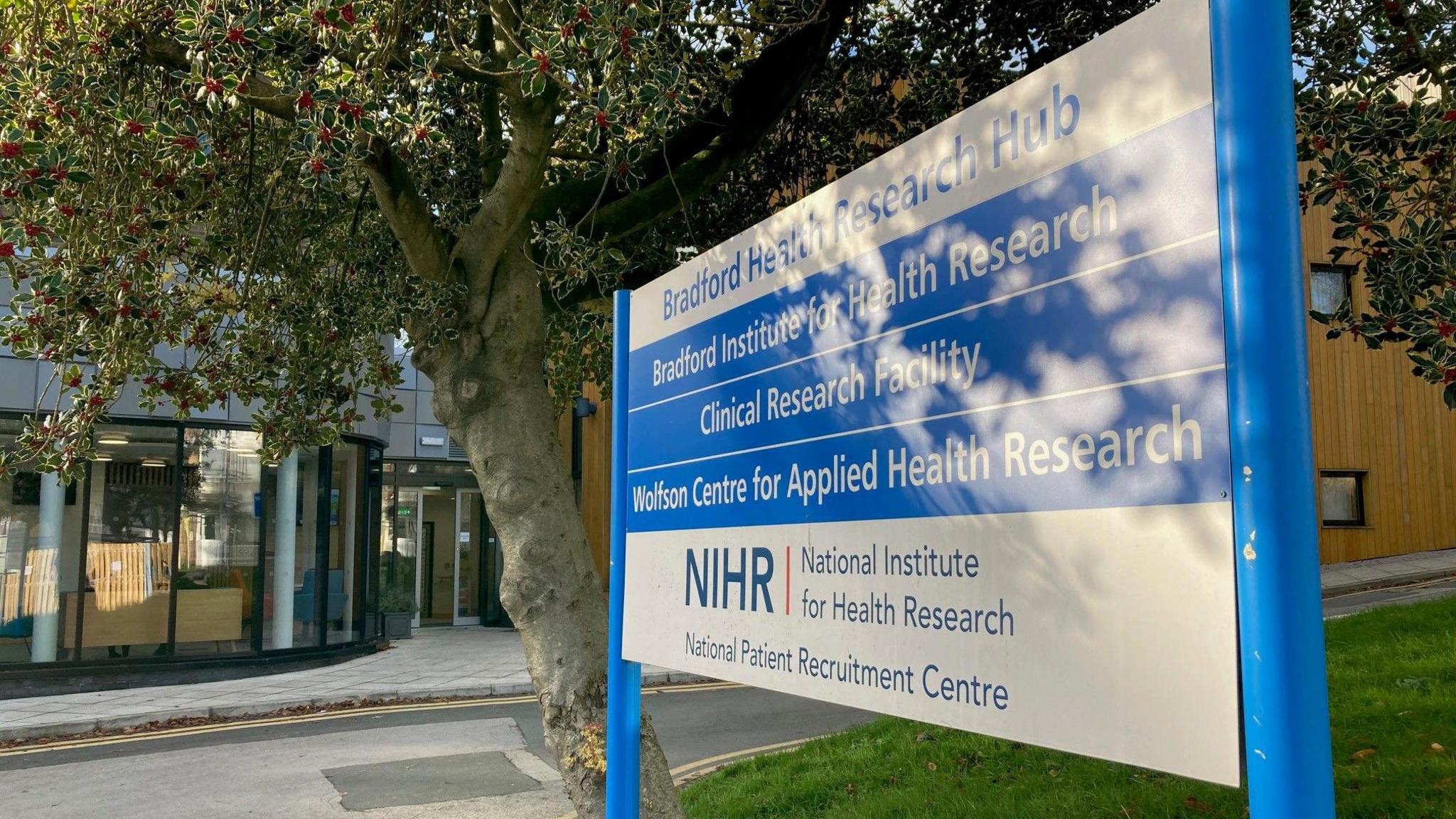
Born in Bradford is an internationally recognised research programme based in the grounds of Bradford Royal Infirmary
BiB is an internationally recognised research programme that originally studied 12,500 babies born in the city between March 2007 and December 2010.
It now tracks the health and development of more than 30,000 Bradford children and their families, providing crucial insights into what works to improve outcomes for children living in disadvantaged communities.
Listen to highlights from West Yorkshire on BBC Sounds, catch up with the latest episode of Look North.
Get in touch
Tell us which stories we should cover in Yorkshire
- Published30 April
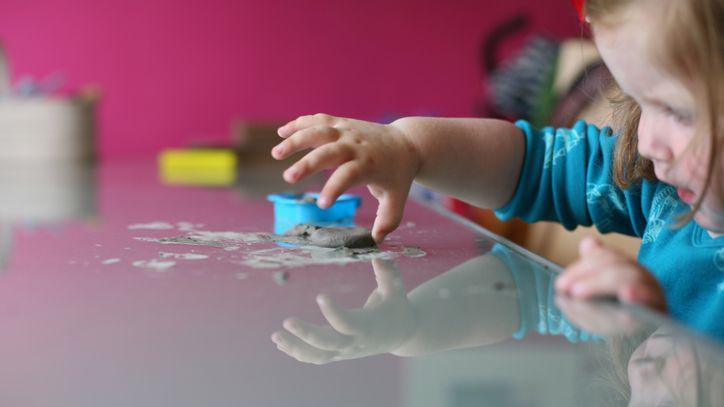
- Published12 September
